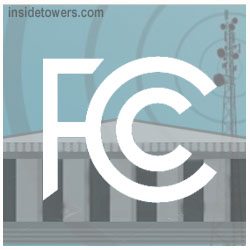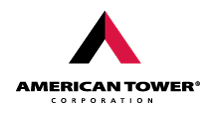
More than 200 bidders have been deemed qualified to take part in FCC Auction 903 for Connected America Phase II funding. The auction, set to begin on July 24, will award up to $1.98 billion over 10 years to telecom providers that commit to offer voice and broadband services to fixed locations in unserved high-cost areas.
Large, incumbent carriers like Verizon, Frontier, Cincinnati Bell and U.S. Cellular made the list, as did rural telcos such as Red River Cellular Telephone Corporation. Wireless companies like Skywave Wireless and Surf Air Wireless are on the list. Satellite broadband providers like Hughes Network Systems and Viasat made the cut. So too, did cable companies such as Altice, Cox and Troy Cablevision. Rural electric companies like Paul Bunyan Rural Telephone Cooperative and Wells Rural Electric Company are on the list, as are several Wireless Internet Service Providers.
When the Commission originally issued the list in May, the agency said only 47 applications were complete and 230 were incomplete. Now, only 57 applications were deemed “not qualified” to bid. Some of the names on that list are: Bay Country Communications, Rappahannock Electric Cooperative, the city of Hudson, and the Ohio and Wyoming Mutual Telephone Company. Continue Reading


 The
blowback from American Tower’s edict to vendors last week requiring
complicity in limiting their work on any site that falls within a
half-mile radius of theirs, has prompted the company to bend, ever so
slightly, by:
The
blowback from American Tower’s edict to vendors last week requiring
complicity in limiting their work on any site that falls within a
half-mile radius of theirs, has prompted the company to bend, ever so
slightly, by: 

